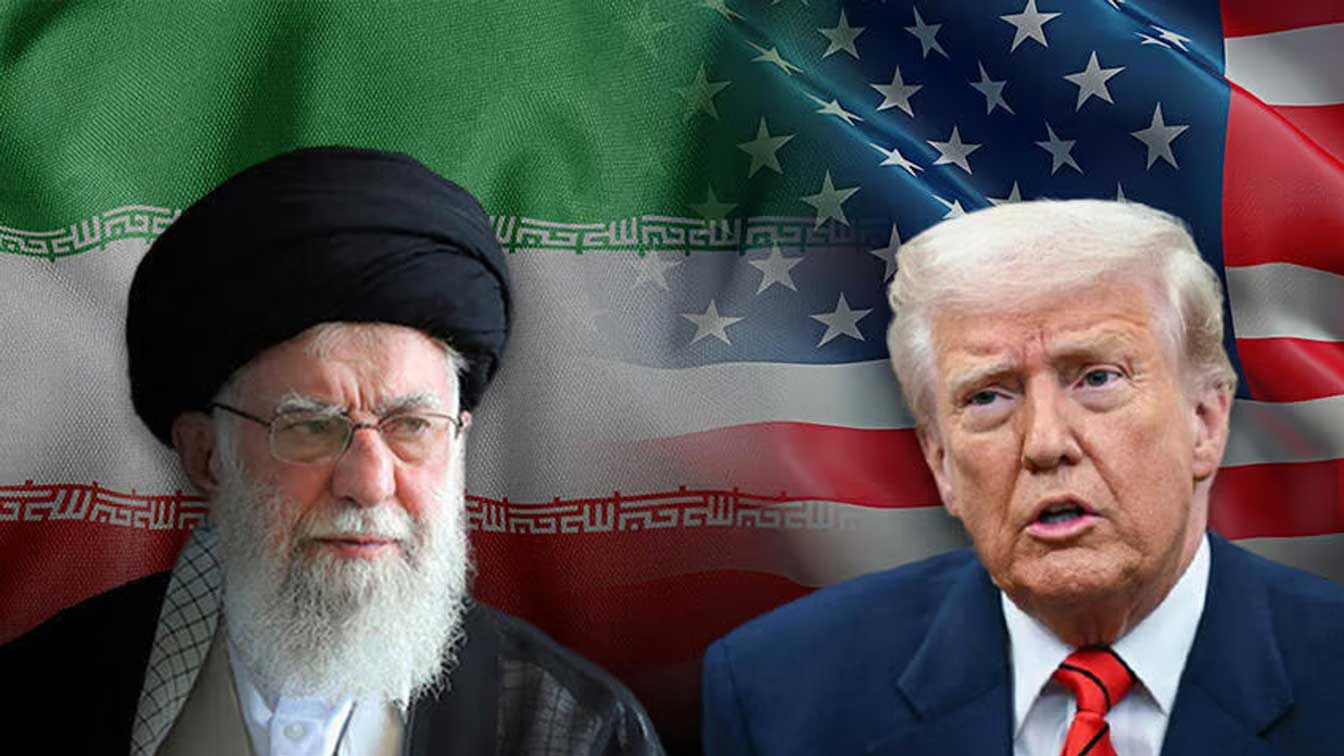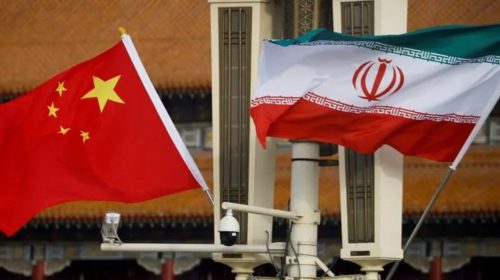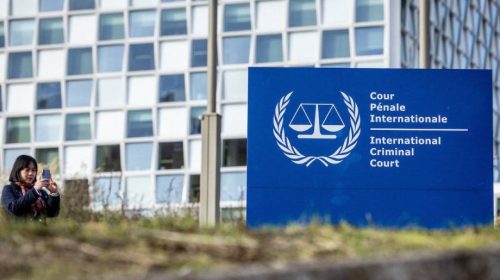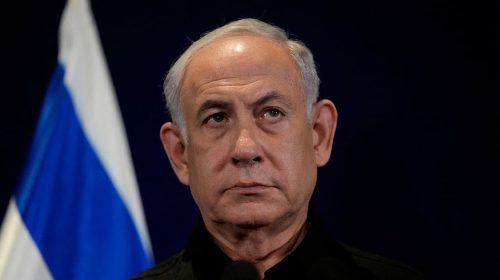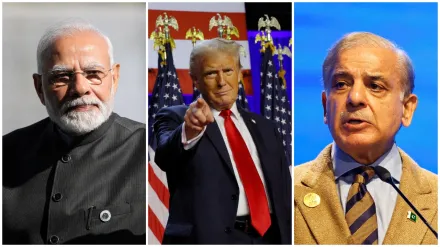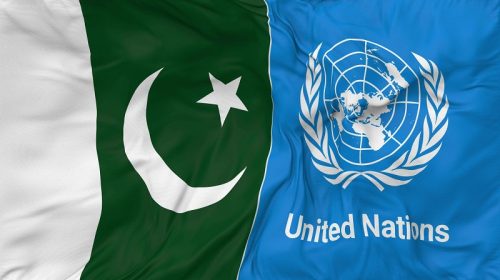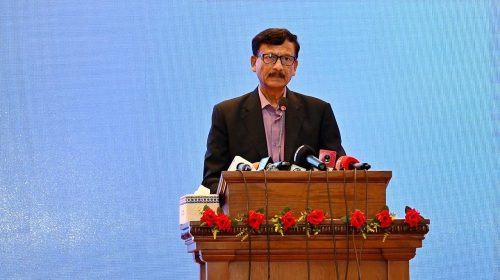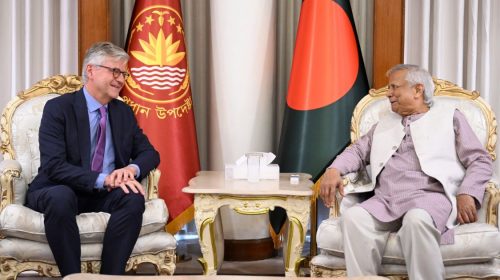The much-anticipated fifth round of nuclear negotiations between Iran and the United States took place in Rome on Friday, mediated by Oman. Although both sides described the talks as “constructive,” there was little sign of tangible progress. Experts believe several core issues continue to push the negotiations toward a stalemate.
Here are the five main reasons why the talks have stalled:
1. Standoff Over Uranium Enrichment
The most sensitive issue in the negotiations is Iran’s uranium enrichment program. The U.S. and its Western allies fear Iran may be covertly pursuing nuclear weapons, an allegation Iran strongly denies, insisting its program is peaceful and civilian in nature. Washington has made it clear it will not tolerate even minimal enrichment, while Tehran insists enrichment is its right. This fundamental disagreement remains a major roadblock.
2. Disagreement Over Scope of Talks
Iran wants the discussions limited strictly to its nuclear program and the lifting of sanctions. The U.S., however, is pushing to expand the scope to include Iran’s ballistic missile activities and its support for regional groups such as Hezbollah, Hamas, and the Houthis. Tehran argues these are matters of national defense and sovereignty, not up for negotiation.
3. Sanctions Undermine Trust
Just before and during the talks, the U.S. imposed fresh sanctions on various sectors of Iran’s economy, including construction and energy. Iran views these actions as undermining the spirit of diplomacy and raising doubts about Washington’s intentions. Iranian officials have stated that such moves damage mutual trust and goodwill.
4. Military Threats and Retaliatory Warnings
Tensions have escalated outside the negotiation room as well. Former U.S. President Trump hinted at possible military action if talks fail, prompting strong warnings from Iran. Iranian military officials warned that any aggression by the U.S. or Israel would have serious consequences, drawing parallels to past American misadventures in Afghanistan and Vietnam.
5. Influence of Third Parties
Regional powers like Israel and Saudi Arabia are playing a significant role behind the scenes. Israel has hinted at preparing for strikes on Iran’s nuclear facilities, while Tehran suspects U.S. demands are being shaped by Israeli pressure. Iranian media has accused a coordinated effort by leaders like Trump and Netanyahu to sabotage the talks.
Currently, the Iran-U.S. nuclear negotiations remain at an impasse. With both sides holding firm to sharply opposing positions on key issues, reaching a compromise seems difficult. However, since neither party has completely shut the door on diplomacy, there is still a glimmer of hope for future engagement.

